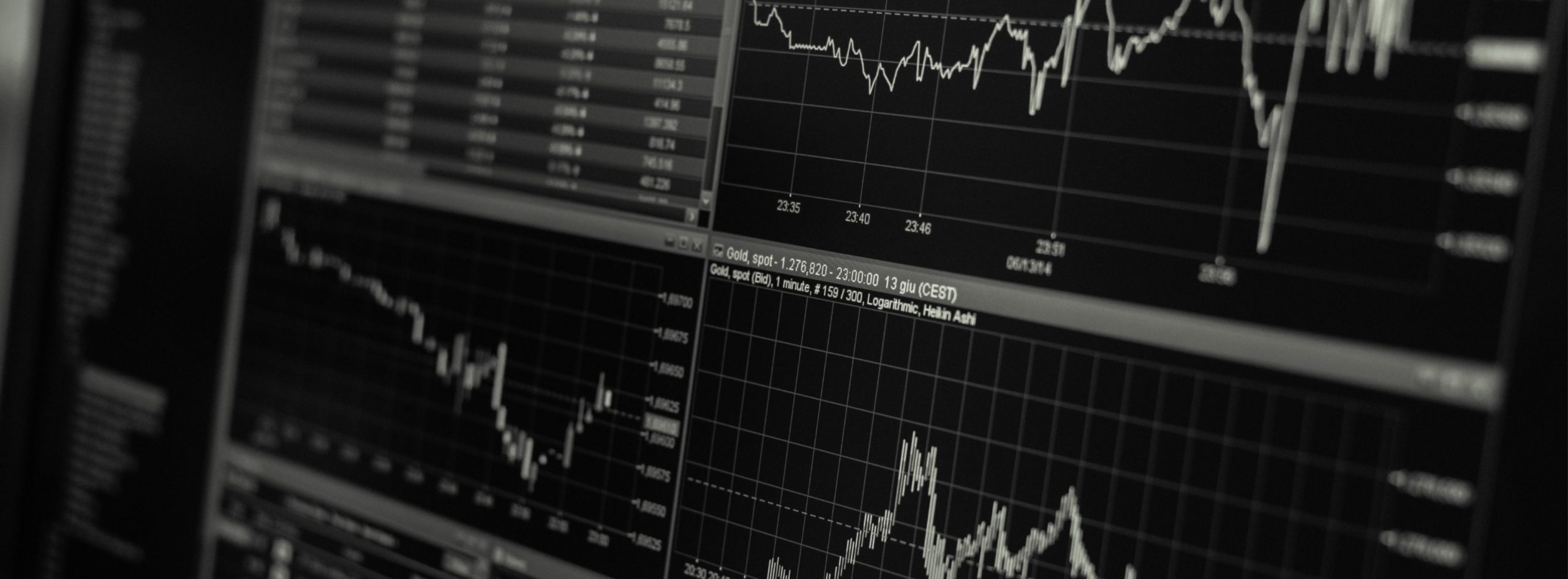Who benefits from stock repurchases, the investors or the executives?
(Note: companies that could be
impacted by the content of this article are listed at the base of the story
(desktop version). This article uses third-party references to provide a
bullish, bearish and balanced point of view; sources listed in the
“Balanced” section)
Stock buybacks are on the rise and there are concerns over the effectiveness. It is even becoming a Political issue. Share buybacks, also known as stock repurchases, are when corporations purchase its own shares in the open stock market, reducing the total number of shares outstanding. The result of the buyback could increase earnings per share and increase return on equity, possibly increasing the stock price. 2018 was an all-time, record year for buybacks, with $1.1 trillion in announcements and some $800 billion repurchased during the year. Reasons have been postulated about why the pace of buybacks has increased over the years, including the generation of significant free cash flow by companies, muted organic investment opportunities, a lack of accretive acquisitions, as a means of boosting EPS by reducing the share count. Notably, stock repurchases were illegal until 1982 and Congress is looking at curbing the exercise as a means of narrowing the growing income inequality in America and advocating an element of social responsibility. Senators Charles Schumer and Bernie Sanders penned an op-ed in the New York Times arguing that, “corporate boardrooms have become obsessed with maximizing only shareholder earnings to the detriment of workers.” The pair suggest they will introduce legislation to limit buybacks unless companies meet certain conditions, including a $15 per hour minimum wage, providing workers with decent pensions, and solid health benefits, among other things.
